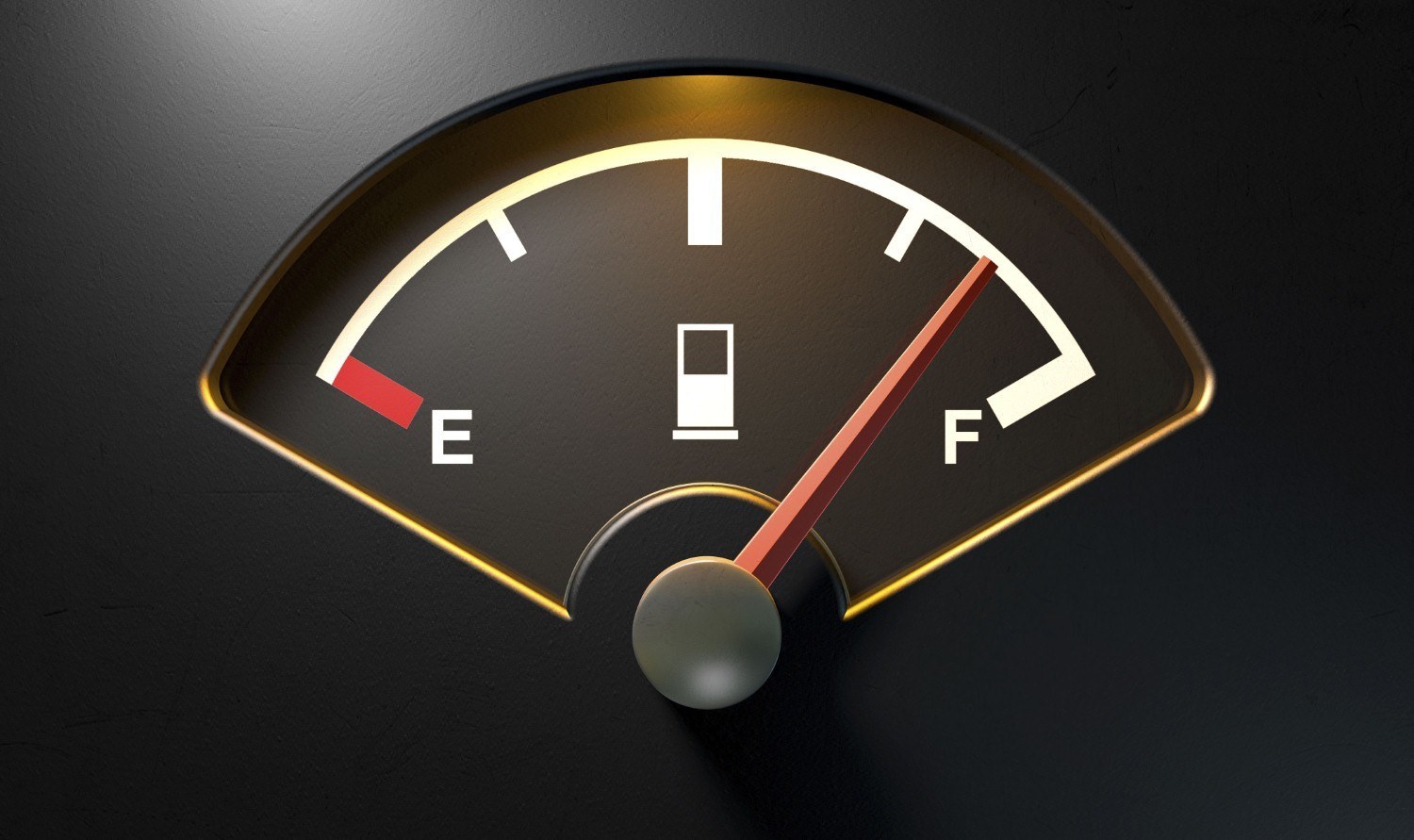One thing that a lot of people like to see in their vehicle is fuel efficiency. If they can make their car go further on less fuel, they can save more money on petrol or diesel.
How fuel efficient your car is tends to vary, however, there are ways that all drivers can save on the amount of fuel they use. Here are some top tips.

Watch your acceleration and braking
Fast accelerating and harsh braking will make a fair difference to fuel economy. Keeping your speed constant requires less fuel than it does to speed up and slow your car down quickly. Revving your car will affect your fuel economy too so keep an eye on your rev counter.
The ideal speed to drive at is around 50 mph and in the highest gear possible. That said, this isn't always possible as you should stick to the speed limit. However, 50 mph is lower than the national speed limit so you should bear this fact in mind when you're on A-roads and motorways and thinking about driving faster.
Reduce the weight of your car
The more stuff you have in your car, the more energy will be required to move it. Therefore, make sure you do not have any excess weight in your vehicle. Check your boot to see if there is anything in there that you have forgotten about. Sometimes people leave heavier items in their car because they do not want to have to carry them in and out of their house. Avoid doing this.
Additionally, if you have a roof rack or roof bars on top of your car then you should remove them when you are not using them. They add weight to your vehicle. On top of that, they also increase drag, which means you will need more fuel to make your car move forward.
Avoid stop-start traffic
Nobody likes getting stuck in traffic jams and the toll that it takes on your fuel is one more reason to hate them. When you are in stop-start traffic you have to continuously bring your car to a halt and often you will have to stay in first gear. The problem with this is that it requires a lot of fuel to get your car moving again from a halt.
If you can, try to avoid driving in heavy traffic. For example, if you don't need to drive during rush hour then don't do it. Otherwise, if there are other routes that you know are less likely to suffer traffic jams then travel this way.
Sometimes, however, traffic simply cannot be avoided. In these cases, keep an eye on the traffic in front of you so that you can plan your driving. If possible, drive at a slow speed rather than accelerating and braking a lot.
Check your tyre pressure
You should check your tyre pressure regularly anyway to avoid getting a flat and to keep your car balanced. However, keeping your tyre pressure up will also make a difference to the amount of fuel you use. If the air pressure is low then rolling resistance will be up and your car will need more fuel to keep moving. Look at your car manufacturer's guide to work out what the correct air pressure should be in your tyres.
Do not use your air con more than you have to
Using your air con will cost you in fuel. During summer you will need it to keep cool and in winter you will want it to clear your windows. These are very useful things but that doesn't mean you need to use your air con for the whole journey. If you are too warm, turn your air con off once you have cooled down. Should your windows be steamed up, switch your air con off when they are clear.
It is also worth having your air con serviced every so often. The system permeates gas over time, which means your car will need to provide more energy to keep it working.




